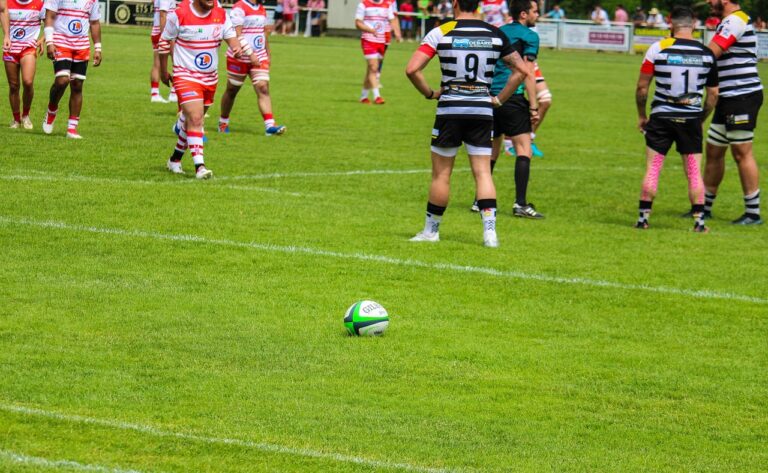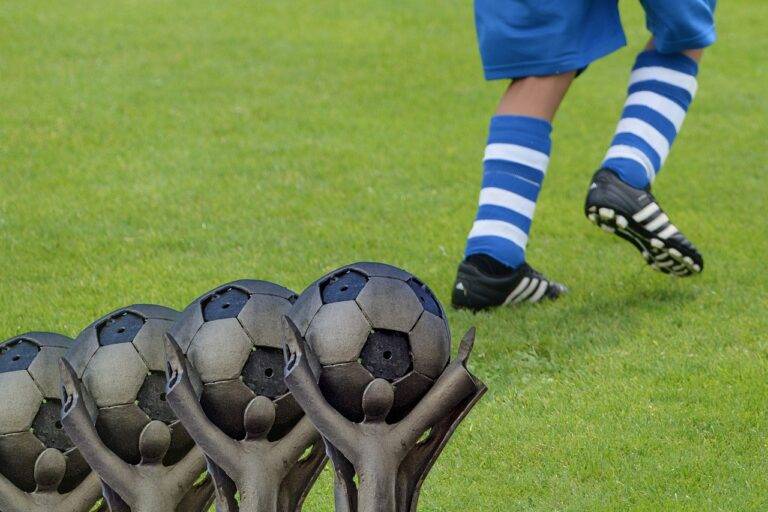IPL and Sports Psychology: Mental Conditioning for Players
Gold365, Diamondexch9: Mental conditioning is a crucial aspect of an athlete’s training regimen, often overlooked in favor of physical preparation. The ability to maintain focus, control emotions, and stay resilient in the face of challenges can significantly impact an athlete’s performance on the field or court. It is not just about the physical skills but also about mental fortitude that separates good athletes from great ones.
Athletes who prioritize mental conditioning are better equipped to handle pressure situations, bounce back from setbacks, and maintain a positive mindset throughout their careers. Developing mental toughness through techniques such as visualization, positive self-talk, and stress management can elevate an athlete’s performance to new heights. Coaches and teams that invest in mental conditioning programs can see a tangible improvement in their athletes’ consistency and ability to perform under high-pressure scenarios.
• Athletes who prioritize mental conditioning are better equipped to handle pressure situations, bounce back from setbacks, and maintain a positive mindset throughout their careers.
• Developing mental toughness through techniques such as visualization, positive self-talk, and stress management can elevate an athlete’s performance to new heights.
• Coaches and teams that invest in mental conditioning programs can see a tangible improvement in their athletes’ consistency and ability to perform under high-pressure scenarios.
Understanding the Psychological Factors in Sports Performance
Psychological factors play a crucial role in determining an athlete’s performance on the field. The mindset, focus, and mental toughness of a player can greatly impact their ability to perform under pressure. When athletes are able to maintain a positive attitude, stay focused on their goals, and overcome adversity, they are more likely to succeed in their respective sports.
Additionally, self-confidence and belief in one’s abilities are key psychological factors that can influence an athlete’s performance. When athletes have confidence in themselves and their skills, they are more likely to take risks, push themselves beyond their limits, and achieve success in their sport. Developing mental resilience and a strong sense of self-belief can make a significant difference in an athlete’s performance on game day.
Ways to Improve Mental Toughness in Players
One effective method to enhance mental toughness in players is through visualization techniques. Encouraging athletes to vividly imagine themselves performing successfully in various scenarios can help build confidence and focus. By consistently visualizing positive outcomes and mentally rehearsing strategies for overcoming challenges, players can develop a resilient mindset that translates into improved performance on the field or court.
Another strategy to cultivate mental toughness in players is through the utilization of goal-setting. Setting specific, measurable, achievable, relevant, and time-bound goals can help athletes stay motivated and maintain a sense of purpose during training and competition. By breaking down long-term objectives into smaller, manageable tasks and celebrating incremental achievements, players can build mental resilience and stay committed to their development as athletes.
Why is mental toughness important in sports?
Mental toughness is important in sports because it helps athletes stay focused, confident, and resilient in the face of challenges and pressure. It can make a significant difference in performance and overall success in sports.
How can mental conditioning help athletes?
Mental conditioning can help athletes by improving their ability to stay mentally tough, focused, and confident during competition. It can also help them better manage stress, anxiety, and other psychological factors that may impact their performance.
What are some psychological factors that can affect sports performance?
Some psychological factors that can affect sports performance include confidence, focus, motivation, stress, anxiety, and self-belief. These factors can play a significant role in an athlete’s ability to perform at their best.
What are some ways to improve mental toughness in players?
Some ways to improve mental toughness in players include setting specific goals, practicing visualization and positive self-talk, developing a pre-game routine, staying focused on the present moment, and learning to bounce back from setbacks and failures. Consistent practice and mental conditioning can help athletes build their mental toughness over time.







